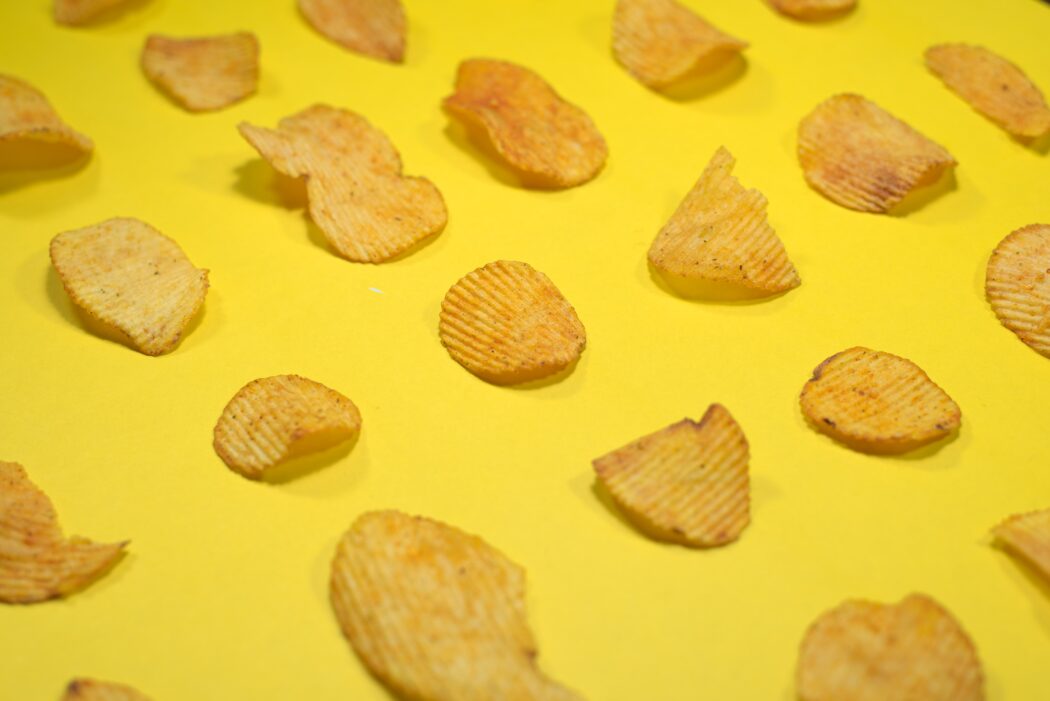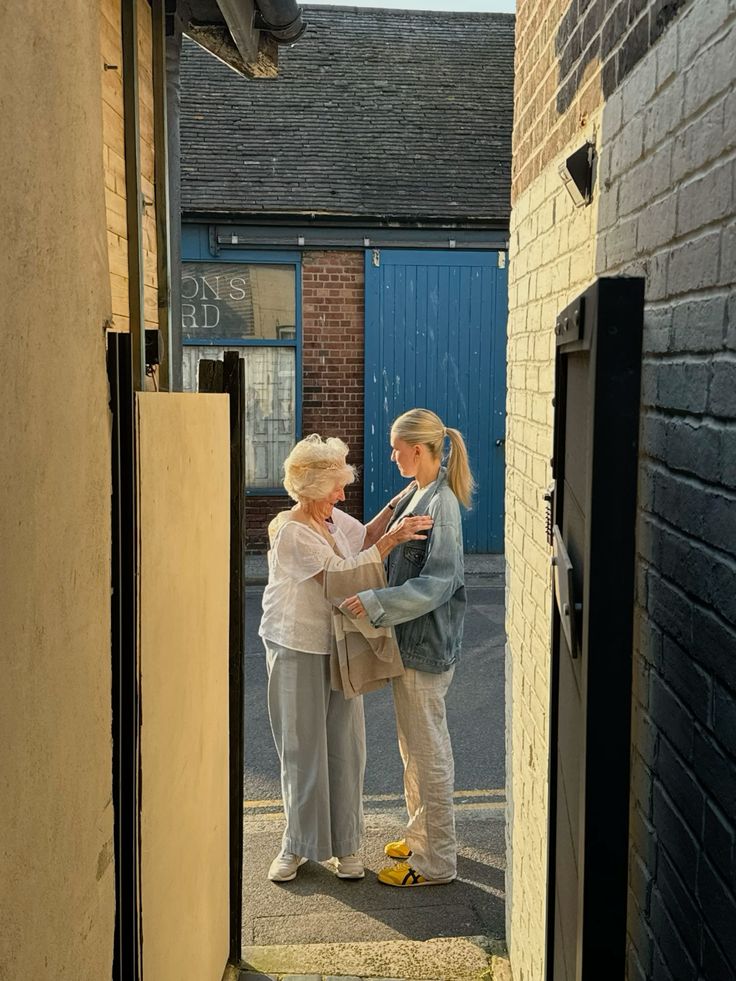You’re walking around the grocery store, riding on the cart — when no one is looking — and cruising down the aisles. As you stop in the snack aisle, you reach for some chips. Extending your hand, you greedily grip onto a bag when your eyes are drawn to another bag labeled, Reduced Guilt Kettle Cooked Potato Chips. You obviously purchase that one. After all, you try to steer clear from that familiar pit in your stomach after you’ve had a “slip up” and indulged in a “guilty pleasure” by eating a tub of ice cream or bag of greasy potato chips, promising to not give in to cravings again afterward. It’s a feeling that everyone has felt as some point — It is also a feeling that is created by and capitalized on by brands and advertisers as well.
So many products and articles present food and meals as being an alternative “guilt-free” option. It leads you to believe that if you purchase or make a meal that is traditionally unhealthy but instead is “guilt-free,” then you have permission to indulge. While it is a good thing to avoid foods that are unhealthy, associating guilt with food can lead to a dangerous relationship with your eats and your emotions surrounding it. Food shouldn’t have spectrums of judgment — it’s just food.

With summer right around the corner, the pressure to work on your “summer body” and eat healthily is populating the internet. There is no shame in wanting to feel and look good in however you define that to be. There is no shame in wanting to be the best version of yourself. But, in midst of the overwhelming voices telling you to glow up and eat certain foods, VALLEY is here to say that it’s ok if you don’t. You are still beautiful. You are still worthy. You don’t need to feel guilty if you have gained weight from quarantine and you don’t need to restrict the foods you eat if you do not want to.

If you’re trying to get into your zone for summer, do it. But remember that guilt is not a motivator for healthy eating or weight loss. A study concluded that people who associated guilt with food had less success in losing weight and had less control over their eating habits and healthy intentions. Guilty eating has no benefits; instead, it breeds other issues.
SELF Magazine interviewed Abby Langer, owner of Abby Langer Nutrition, who explained that in our society, feeling guilty about food is normal because we associate food with terms like “good” and “bad,” when in reality, food is neither. In turn, it makes people feel like a good or bad person based on what they eat.
She suggests that people reframe their thinking. Instead of using judgment words with food, think of foods as what they are: healthy or unhealthy — not good or bad. Unhealthy food is not bad, it is simply unhealthy. If you are looking to be healthier or lose weight, eating “well” starts with honesty, not judgment.
Eat want you want to eat and enjoy your food mindfully. If you want to eat junk food for dinner, do it. If eating healthy foods makes you feel best, do it. Be honest with yourself about your choices and your health, but your worth does not depend on your food.
Eat “guilt-free” always.





